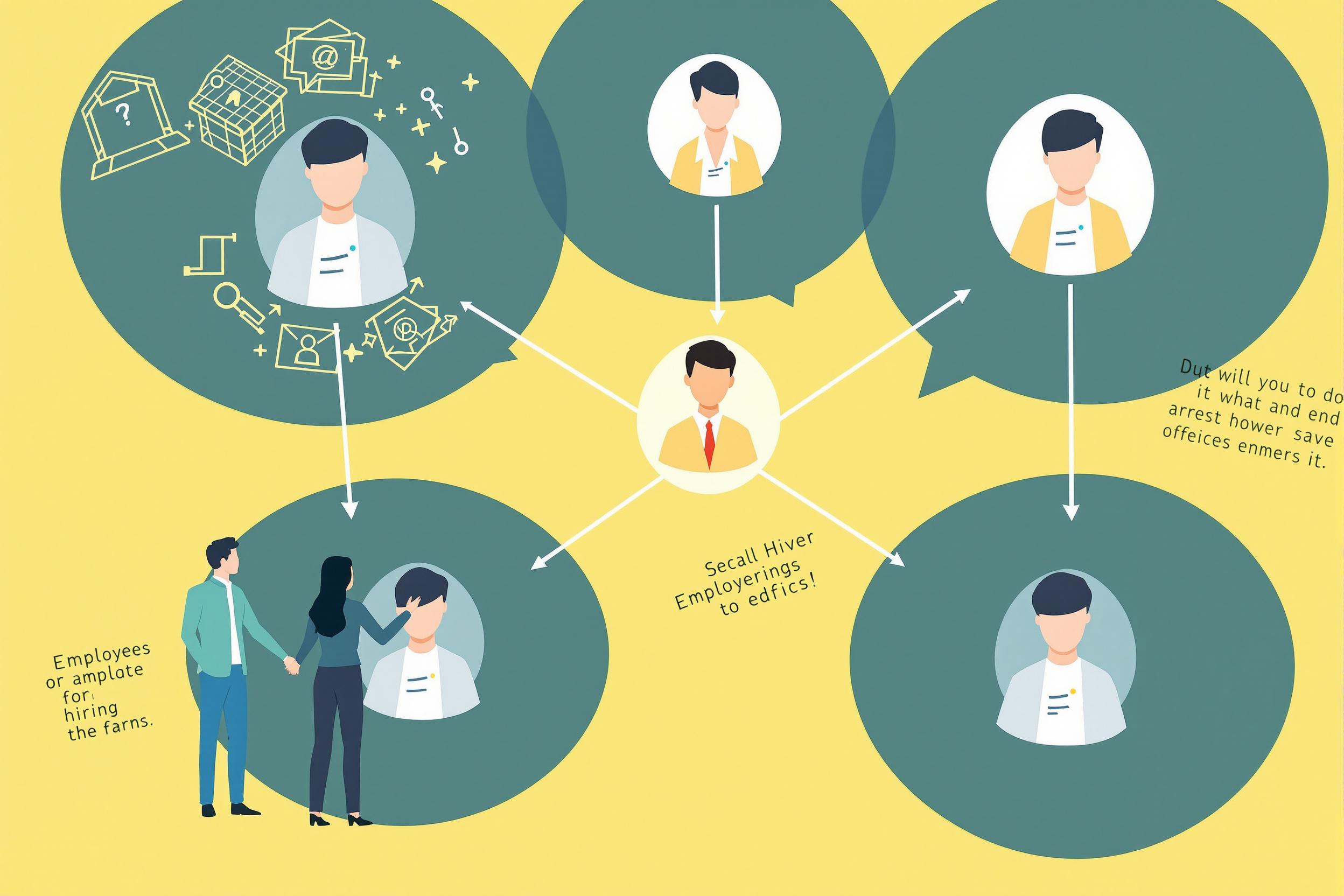
Sponsorship
Sponsorship in event planning refers to securing financial or in-kind support from companies or organizations to help fund and enhance events. This is like finding business partners who contribute money, products, or services to make events possible, while getting something valuable in return, such as brand exposure or access to potential customers. Event planners who work with sponsorships help create win-win situations where both the event and the sponsoring companies benefit from the partnership.
Examples in Resumes
Secured $50,000 in Sponsorship deals for annual charity gala
Created and managed Sponsorship packages for regional business conference
Developed Sponsorship proposals that resulted in 85% client retention
Managed Sponsorships and Sponsor relationships for multiple community events
Typical job title: "Sponsorship Coordinators"
Also try searching for:
Where to Find Sponsorship Coordinators
Professional Associations
Online Communities
Job Resources
Example Interview Questions
Senior Level Questions
Q: How do you develop a long-term sponsorship strategy for multiple events?
Expected Answer: The candidate should explain their approach to building lasting relationships with sponsors, creating multi-event packages, and measuring ROI for both parties. They should mention examples of successful long-term partnerships they've managed.
Q: How do you handle a situation where a sponsor wants to modify their agreement mid-event?
Expected Answer: Look for answers that show negotiation skills, problem-solving abilities, and experience in maintaining good relationships while protecting the event's interests. They should mention having backup plans and clear communication strategies.
Mid Level Questions
Q: What methods do you use to identify and approach potential sponsors?
Expected Answer: The candidate should describe their research process, how they match sponsors to events, and their approach to making initial contact and presentations. They should mention using market research and networking.
Q: How do you measure sponsorship success for both the event and the sponsor?
Expected Answer: They should discuss different metrics like attendance numbers, social media engagement, lead generation, and sponsor feedback. Should mention experience with creating post-event reports.
Junior Level Questions
Q: What elements do you include in a basic sponsorship package?
Expected Answer: Should mention different sponsorship levels, benefits like logo placement and booth space, pricing structures, and basic promotional opportunities. Understanding of common sponsor expectations is important.
Q: How do you maintain good relationships with sponsors during an event?
Expected Answer: Should discuss basic communication practices, ensuring sponsor benefits are delivered, problem-solving, and maintaining regular check-ins during the event.
Experience Level Indicators
Junior (0-2 years)
- Basic sponsorship package creation
- Sponsor communication
- Event coordination basics
- Simple proposal writing
Mid (2-5 years)
- Sponsorship strategy development
- Negotiation skills
- Relationship management
- ROI measurement
Senior (5+ years)
- Complex partnership development
- Team leadership
- Budget management
- Strategic planning
Red Flags to Watch For
- No experience in direct sponsor communication
- Lack of understanding of sponsor ROI
- Poor negotiation skills
- No experience with sponsorship contracts or agreements
- Unable to demonstrate successful past partnerships
Need more hiring wisdom? Check these out...

When Your Team Sells You Better Than Marketing Ever Could: The Power of Employee Advocacy

Lost in Translation? How a Hybrid Mentorship Database Bridges Cross-Regional Talent

From Passive to Active: Nurturing Candidates Over the Long Haul

